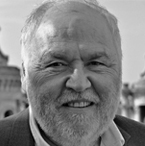 An old Irish quip is that if you want to get to (wherever) I would not start from here. Still in the middle of this epidemic we must ask the question how can we build not a new normal but a better normal, or in the famous advice to Obama in the middle of the 2008 financial free fall ‘never waste a good crisis’.
An old Irish quip is that if you want to get to (wherever) I would not start from here. Still in the middle of this epidemic we must ask the question how can we build not a new normal but a better normal, or in the famous advice to Obama in the middle of the 2008 financial free fall ‘never waste a good crisis’.
So here are two challenges, one very immediate and one even more important.
The first is how do we sustain ourselves through this pandemic? A way of describing our work is the advocacy of a simple principle (simple to grasp, less easy to implement) and that is that healthy systems underpin healthy lives. Normally we use this to try and help professionals to work together more systemically, rather than within organisational silos. We often frame this as being about place leadership, or to accountants as the public pound, making sure we deliver the best possible outcomes.
But in what is, at best, the middle of this pandemic we also have another dimension – and that is the health of leaders and their workforces. In the early stages of the pandemic we could look at it as a sprint – put everything into it and just get over the line. We can no longer look at this as a sprint, it’s more like a marathon. Or let me take a cycling analogy – consider the Tour de France. There are sprints in the competition, and these are, pretty much, individual efforts (think especially of time trials), and the winner of the overall race is pretty talented. But no one wins the overall race by themselves. They are part of a team, the dynamics of the Peloton are an art in themselves.
Sustaining yourself and sustaining the system are not different challenges, but flip sides of the same coin. What we know from all our conversations is that we now have individuals and systems that are literally running on empty. One of the difficulties about being tired is that we revert to default practices and habits (because doing different can be exhausting), so the “progress” that many reported in the early stages of people working differently (because they had to) might not sustain, not because of people deliberately trying to rock the boat but because without knowing individuals and systems revert to habits unknowingly.
So challenge one is recognising the individual/system coupling to develop sustainability.
The second challenge is even more critical. We now face at least five big global challenges
- Covid
- Economic depression
- The impact of digitalisation
- Climate challenge
- Geo-political reconfiguration (most notably the rise of China)
I could have made the list longer (the US election demonstrates the challenges we face re cohesion for instance). Let me comment on two which might be added. In any conversation pre COVID Brexit would have been on the agenda. No doubt it will return. Many brexiteers might have argued that concerns were overblown. But no one would have anticipated that we all now would be happy if the decline in UKGDP this year was just our worst Brexit prediction. Secondly, constitutional matters could be added. In pre COVID world Northern Ireland was the touchstone, but none of us would have predicted the scale of the challenges in Scotland. Sure, Nicola Sturgeon could huff and she could puff but none of us really believed the house could fall down.
Taken individually each of these challenges can be regarded as a known unknown, by that I mean we might not know the solution but we have a way of working towards a solution. We can see SAGE as a model. In each of these areas we know who the experts are, the experts are usually aware of the limitations of their knowledge.
But when we take all of them together we need to recognise we are dealing with a known unknown. By that I mean none of us knows how these are going to interact with each other. We might even be at one of those metamorphic moments, when there is a transformation that none of us can anticipate.
So the challenge we face is that we still need the SAGE dynamic in each of those challenges, but how can we simultaneously embrace the uncertainty that is a consequence of potential unknown unknowns on the horizon.
Bringing these two ideas together let us consider one of our most iconic metamorphic moments. Imagine you are a caterpillar, strange things seem to be happening to your body. It is quite tiring and a bit scary. But you know three things (rely on habit). Take things slowly. Keep close to the ground. Stay as inconspicuous as possible. Well that prepared you well for what was about to happen. And this illustrates a great conundrum. Evolution and emergence are flip sides of the same coin. We can always look back and make sense of what has happened (so the butterfly can think, that old outfit was so claustrophobic and what great views you get up here) But emergence does not give that certainty.
Joe Simpson
